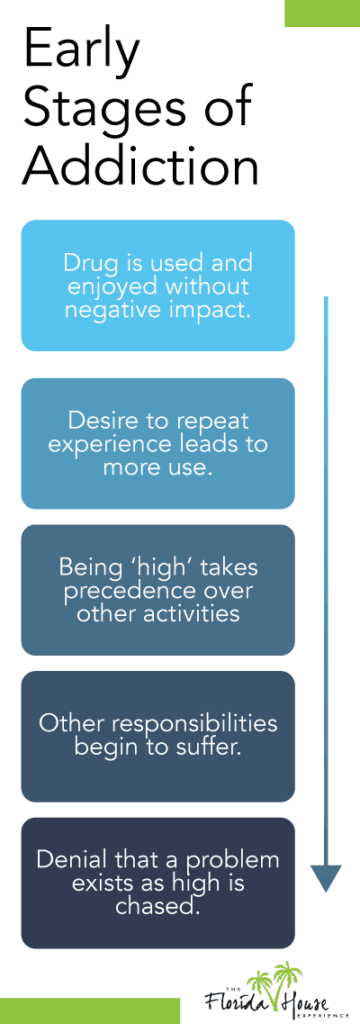Addiction is among the most serious public health issues facing the United States today. Over 20 million Americans are estimated to have a substance abuse disorder of some sort, with drug addiction challenges costing our healthcare system around $740 billion annually. Without proper treatment, drug abuse and addiction can change lives forever, harming friendships and family relationships, hampering career and educational growth, and even ending lives: over 72,000 overdose deaths occurred in 2017 alone. Addiction doesn’t stop at illicit drugs, either; any substance, from shopping to gambling to sex, can create both physical and mental compulsions based on the reward centers in the brain, driving behavior in unhealthy and obsessive ways.

Even with the differences in forms of addiction and the behaviors caused by addiction, the end result is largely the same. While users can often remain reasonably functional for a time, like alcoholics who still manage to hold down a job and care for a family, things eventually start to slide. At this point, many users are resistant to get help, assuming that when it’s time, they’ll be able to stop. When the plates start to fall – job loss, breakups, or legal issues, for example – an effort to quit may begin in earnest, but by this point, the bonds are too strong and without help, it’s extremely challenging to return to a normal way of life.

This is what you need to know to identify signs of addiction in its early stages before rock bottom draws near, highlighting red flags to look for in your friends, family members, and even yourself.
One thing that makes it hard to spot the signs of addiction in yourself and others is the common image of an addict. We don’t usually picture an addict as an individual taking prescription drugs, obsessively gambling, spending wildly, being promiscuous or having other addictive behaviors. Instead, there’s a perception that most addicts take illegal drugs and live in poverty or on the streets. Some people believe all addicts come from dysfunctional families or experience serious life traumas.
 Addiction often starts slow. Maybe a friend will try a common drug at a party, or take a drink in a dorm room away from home for the first time. Maybe addiction will start with a great night out at the poker table, or with the use of a legitimate prescription drug to treat a medical condition. Whatever the reason, use starts somewhere, and it’s generally not chronic from the beginning. As such, it can be extremely difficult to accurately interpret the signs of addiction before it’s too late.
Addiction often starts slow. Maybe a friend will try a common drug at a party, or take a drink in a dorm room away from home for the first time. Maybe addiction will start with a great night out at the poker table, or with the use of a legitimate prescription drug to treat a medical condition. Whatever the reason, use starts somewhere, and it’s generally not chronic from the beginning. As such, it can be extremely difficult to accurately interpret the signs of addiction before it’s too late.









